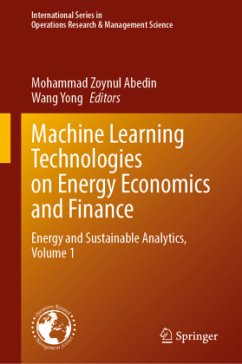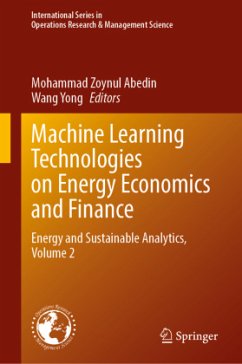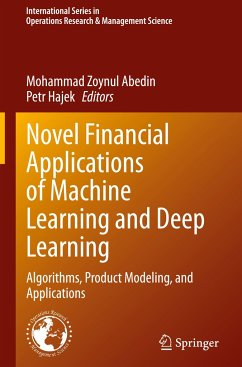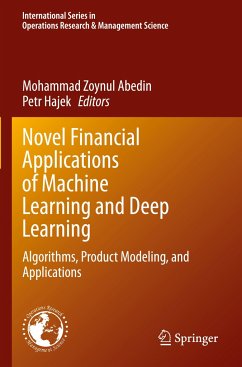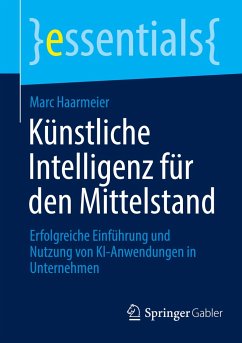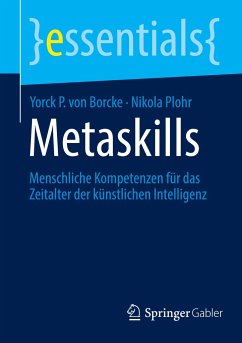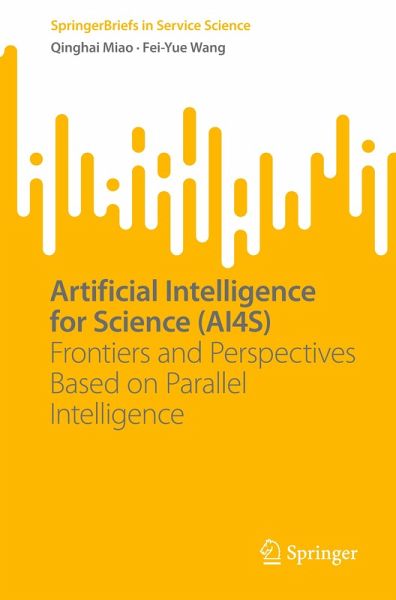
Artificial Intelligence for Science (AI4S)
Frontiers and Perspectives Based on Parallel Intelligence

PAYBACK Punkte
19 °P sammeln!
This book presents a comprehensive framework for analyzing, evaluating, and guiding AI for Sciences (AI4Sci) research, offering a unified approach that facilitates analysis across various academic fields through a shared set of dimensions and indicators. It provides a systematic overview of recent AI4Sci advances in various disciplines and offers insights into the latest issues in and prospects of AI4Sci. The book is based on the theory of Parallel Intelligence (PI), which forms the foundation for the general AI4Sci framework. By analyzing multiple cases in various academic fields, this framew...
This book presents a comprehensive framework for analyzing, evaluating, and guiding AI for Sciences (AI4Sci) research, offering a unified approach that facilitates analysis across various academic fields through a shared set of dimensions and indicators. It provides a systematic overview of recent AI4Sci advances in various disciplines and offers insights into the latest issues in and prospects of AI4Sci. The book is based on the theory of Parallel Intelligence (PI), which forms the foundation for the general AI4Sci framework. By analyzing multiple cases in various academic fields, this framework integrates key elements of AI4Sci, such as real scientific problems, datasets, virtual systems, AI methods, human roles, and organizational mechanisms, from a multidimensional perspective. It also assesses and summarizes the limitations of AI4Sci, incorporating the latest advances in AI for fundamental models. Lastly, it explores the impact of DeSci and DAO, as well as TAO, on AI4Sciecosystem development and prospects. Through its balanced approach, the book offers readers a goal-oriented perspective, focusing on a concise presentation of the core ideas and reducing detailed descriptions of specific AI4Sci cases to a minimum.





